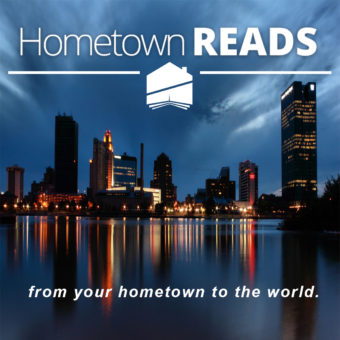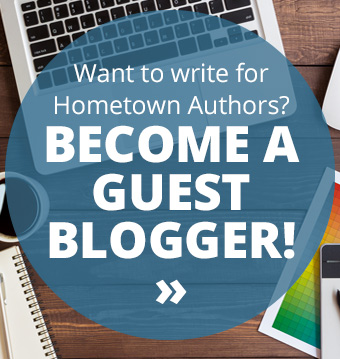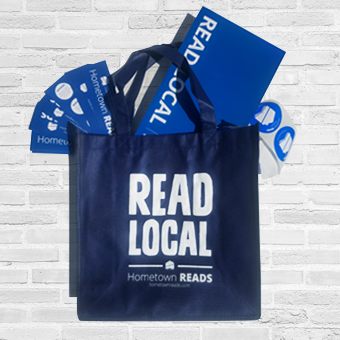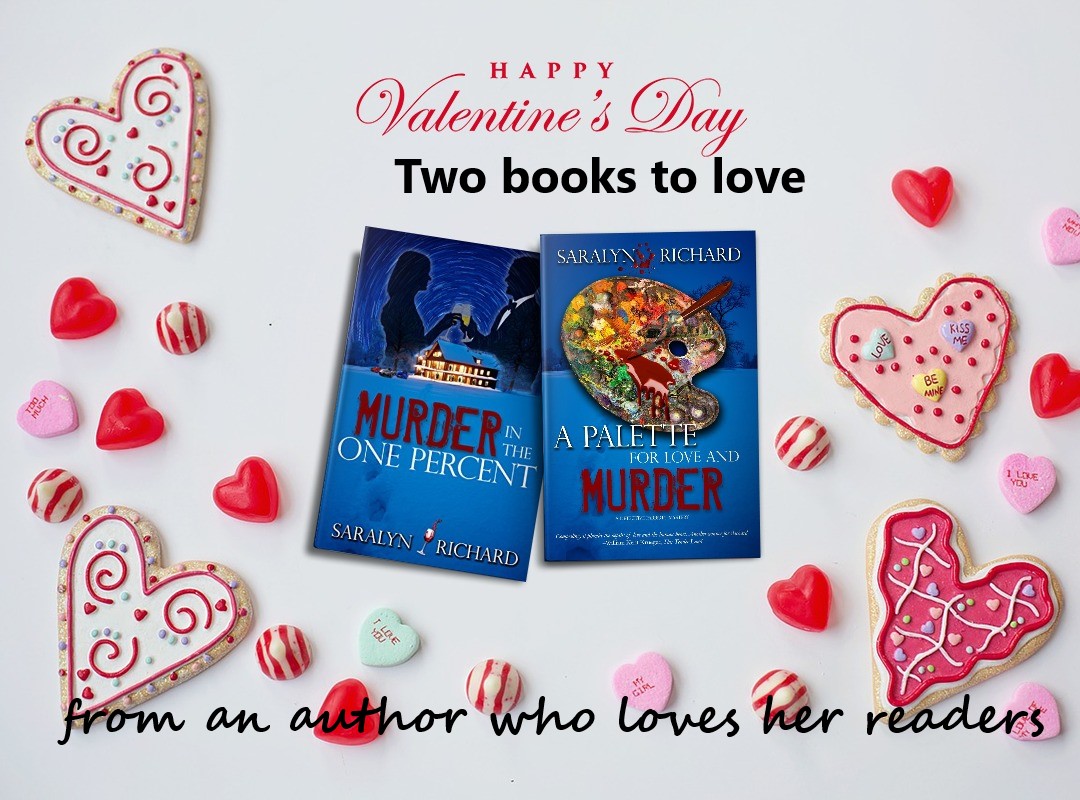The Writer Platform: Your Website
As a writer, it is hard to know where to start when building your author platform. The most important idea that I can impart to you about a writer’s platform is that the time to start is now. Not tomorrow. Not when you complete the rough draft. Not when you finish your book. You must give your platform time to be discovered and linked to the myriad of places where readers can find you. The first step is to build a website dedicated to you as a writer.
There are two types of author websites to choose from. A static website or a writer’s blog. Both have advantages over the other depending on what you hope to accomplish.
The static website needs little maintenance once it is set up. You could hire a webmaster to run for you or keep it simple and manage it yourself. It is ideal for authors with little free time. It is a place holder on the internet that allows people to find you and find links to purchase your books. This format offers little in the way of interconnection with social media.
The blog website takes time from the author’s schedule. You must write posts and still have all the same information that a static website contains. This sort of website will bring you many readers and offers the best way to drive social media.
Starting Your Website
The first task you have for your website is to decide on its name. This can be different from the domain name you associate with it. Since you want to brand yourself as an author, a natural choice for your domain name and the name of your website is your pen name. You can also choose a catch phrase for your blog and use that as your URL. Remember, if you choose a name or phrase as your domain URL, you will have to live with it for a long time. Choose wisely.
Tips For Creating Your Website
Use Neutral Colors
When picking a template for your website, choose something that is simple in design. You don’t want flashy graphics, bright colors or purple unicorns. Choose a simple black and white or neutral pallet for your site. You want to present yourself as a respectable professional.
Keep It Simple
Make the navigation structure is easy for the reader to follow. No element of your website should need even a second of thought to find. Keep things as seamless as possible.
Less Links
Do not post counters, guest books, or prominent links to other sites unless you are active on them. This needs to be the final place where a reader will go to learn all about you as an author and about your books.
It Is All About You
In the upper third of your front page, include a form that signs up people to your mailing list. Present your photo, name, and tagline. Have a clickable link to your latest book.
Elements To Include On Your Website
Both a static website and a blog have certain pages that are expected by readers. These pages list your bibliography, appearance schedule, and other relevant information.
Biography
This is a paragraph or two about you as an author. Think of it as a resume with your reader as the prospective employer. Give details to your readers of who you are as a writer. Always include a photo of yourself on this page.
Bibliography
List your published writing credits. This includes magazines you’ve sold to, guest posts you’ve written, books you’ve published. If you can link to your work online, even better.
For each of your novels, you may wish to create an extra page where readers can see an excerpt of the story along with a link to purchase the book.
Contact
Create a way for people to contact you. Most static webhosts provide scripts to create forms for this purpose. Most free blog hosts have you use a third party service.
Final Word
Your website is the base of your writer’s platform. It is the first place that potential readers can find you and your books. So get started building the base of your platform. It is not as hard as you might think.









What People Are Saying